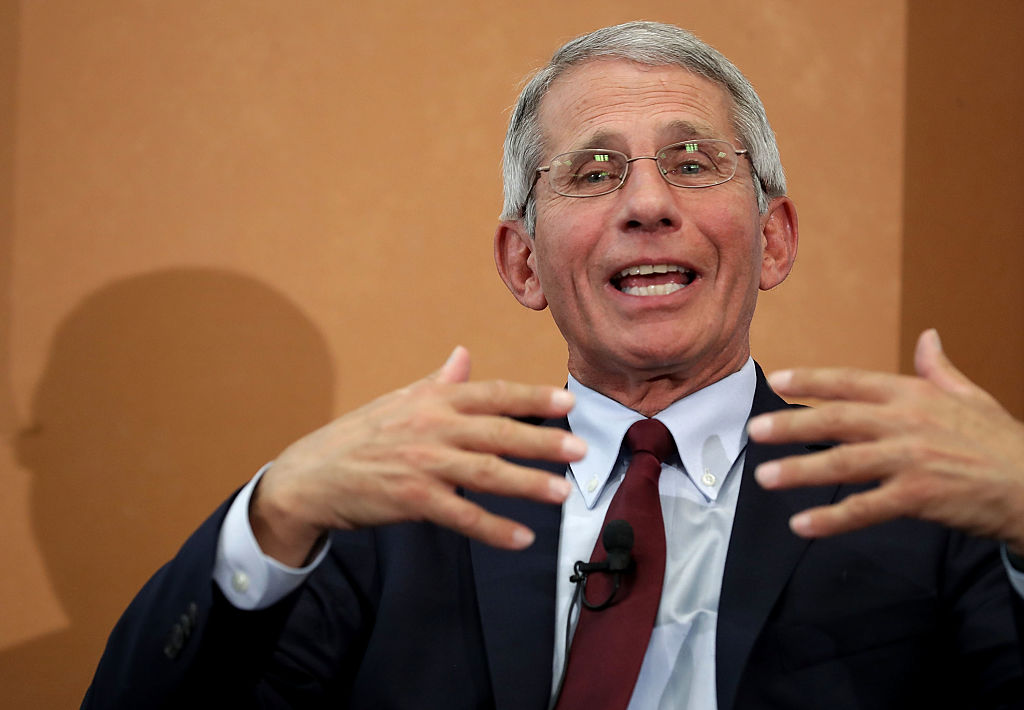Dr. Anthony Fauci, former director of the National Institute of Allergy and Infectious Diseases, has accepted a new role at Georgetown University as a “distinguished university professor” in the institution’s infectious disease division.
The announcement, delivered by Georgetown President John J. DeGioia, praised Fauci as a “dedicated public servant, humanitarian, and visionary global health leader.” DeGioia emphasized, “Dr. Fauci has embodied the Jesuit value of being in service to others throughout his career, and we are grateful to have his expertise, strong leadership and commitment to guiding the next generation of leaders to meet the pressing issues of our time.”
At 82, Fauci retired from his positions in the federal government, including serving as President Biden’s chief medical adviser, but sees his move to Georgetown as an opportunity to continue his service. “I think what I have to offer is experience and inspiration to the younger generation of students,” he said. “This is a natural extension of my scientific, clinical and public health career,” he added.
Fauci’s tenure at Georgetown will not be limited to the medical school. He will also hold an appointment in the university’s school of public policy, emphasizing the breadth of his contributions. Fauci’s decision to join the faculty of the Jesuit school was, as he said, “a no-brainer.”
Despite the praise he has received for his role during the pandemic, Fauci has faced severe criticism. Florida governor and Republican presidential candidate Ron DeSantis – among many others – has accused him of lying about the origins of COVID-19. “They said it was natural — we know it came from that lab,” DeSantis said, calling for Fauci to be “held accountable.”
The accusations underscore the controversial aspects of Fauci’s career, particularly his advocacy for measures such as mask-wearing and school closures during the pandemic, which have been linked to severe deleterious societal outcomes.













